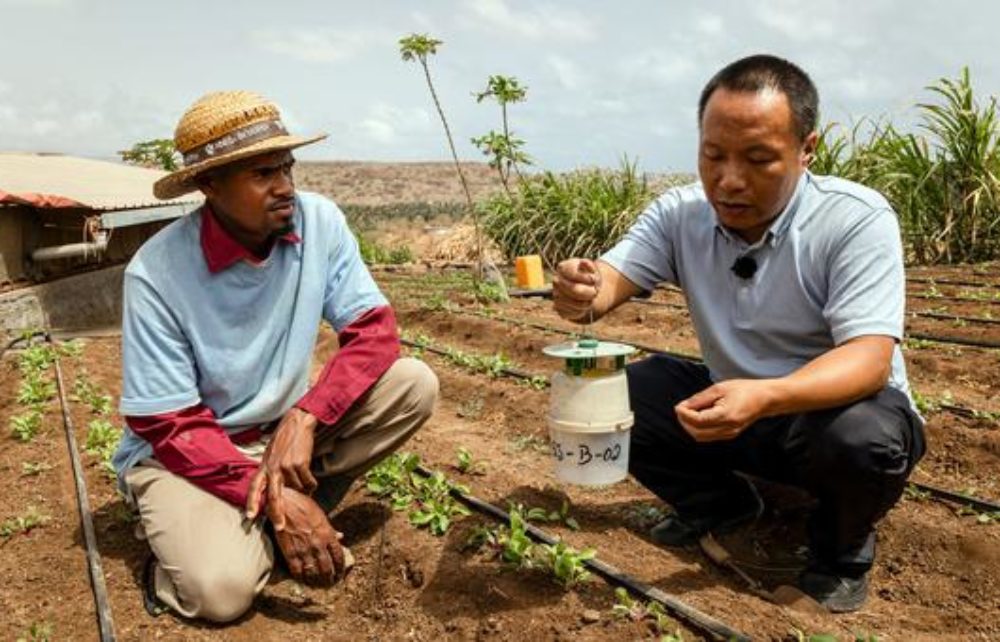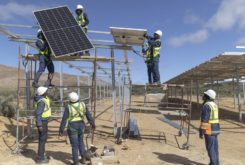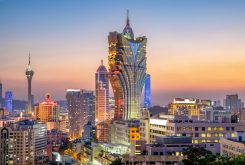Experts from China are sharing their knowledge and skills with farmers in Cabo Verde through a United Nations-facilitated collaborative process to beating back climate change.
Cabo Verde consists of 10 islands located in the central Atlantic Ocean, nine of which are inhabited. During the dry season period, water becomes the most precious resource for farmers. When reserves from the last rainy season are depleted, they are forced to buy water, thus affecting their profits.
Climate change has also led to an increase in soil erosion while depleting soil fertility. Rising temperatures also have made Cabo Verde a favourable environment where new pests can thrive. Through the UN´s Food and Agriculture Organization, Cabo Verde requested assistance in fighting these challenges, something which China could offer.
Cabo Verde and China Strengthen Cooperation in Health Sector
China passed on to Cabo Verde what it learned in its own rural areas, which are very similar to those in the interior of Santiago, the largest island in the chain.
Farmers took part in a training on soil management and pest control offered by FAO as part of a project under the FAO-China South-South cooperation (SSC) programme.
Farmer Willy previously did not pay much attention to soil, viewing it as just a basic input, but Yanhua Zeng, a horticulture and soil expert sent by the Chinese Ministry of Agriculture and Rural Affairs soon changed that. Willy learned to recognise a lack of nutrients in the land and now uses goat manure and crop residues to improve the quality of the soil.
China and Africa Vow to Bost Cooperation Under Belt and Road Initiative
Small island developing States (SIDS) like Cabo Verde face unique challenges in pursuing sustainable development, but their vibrant blue economies offer immense potential for growth and innovation. With the UN-supported SIMILI project, the nation is now turning trash into treasure in the coastal community of Salamansa.
The innovative initiative transforms discarded fishing nets into hand-crafted fabrics used to make bags and other items for sale, and any waste generated during production is minimised and recycled whenever possible.




